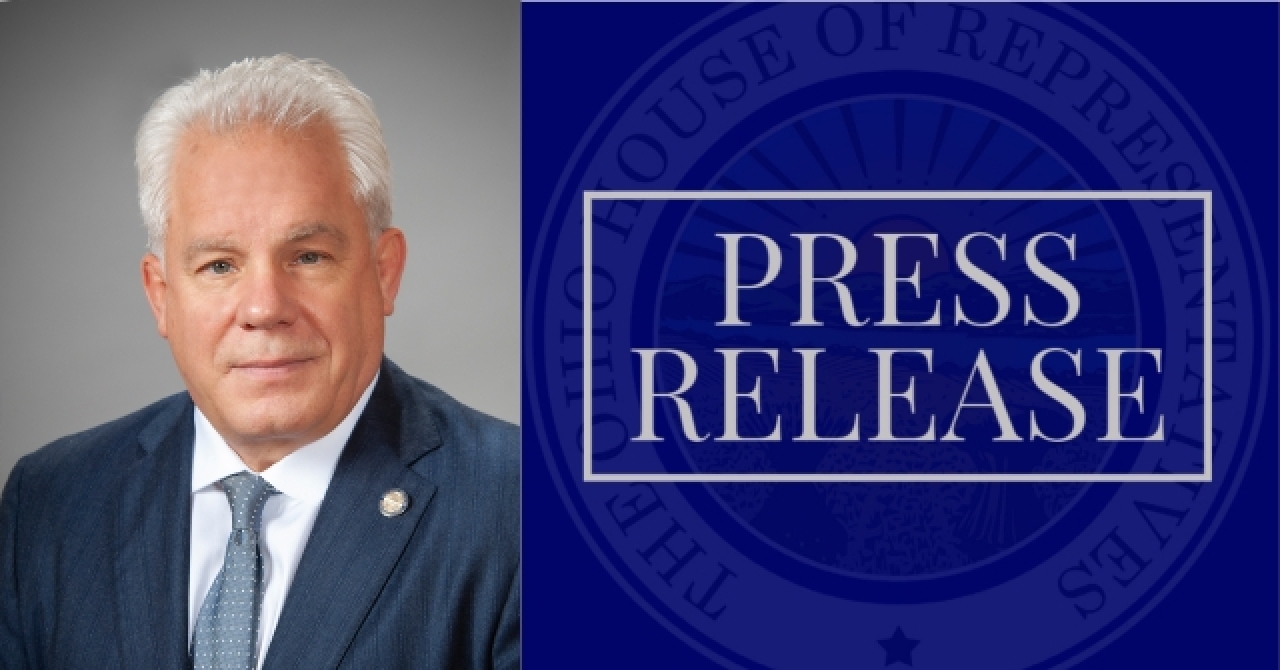White, Plummer Introduce Legislation to Ensure Safe, Supportive Care for Youth and Accountability for Foster Group Homes

COLUMBUS – A bill to ensure children placed in foster group homes are receiving safe, stable,
supportive care by ensuring appropriate standards and accountability are in place for group home
providers has been introduced by State Representatives Andrea White (R-Kettering) and Phil
Plummer (R-Dayton).
The legislation is being crafted to address a myriad of issues revolving around the quality of care
and level of supervision of children that have been raised by community members and leaders in
Montgomery County, where 80 of the state’s approximately 200 group homes are located.
Because of the sheer volume of homes in the county and the lack of facilities in other parts of the
state, many of the children placed in Montgomery County group homes are from outside the
county. Local service providers including courts, schools, medical professionals and law
enforcement professionals report difficulty in reaching group home providers as well as out-ofcounty case workers who represent the agencies providing guardianship, and permission granting
for the children. This creates significant delays in children receiving care and appropriate
intervention. Additionally, in just the City of Dayton alone, calls to children’s group homes have
increased significantly – by 87% since 2019.
“Our number one concern is for our children who are in need of a temporary loving, safe
environment,” said Representative White. “Ohio is taking steps to secure more family homes
where foster children can be placed, but in the meantime, we have children who are being placed
many miles and many counties away from where their parents or caregivers live because there is
a shortage of places in their home communities.”
“We want to ensure that providers running these homes and the on-site caregivers who support
the foster children in their care are properly trained, responsive and accountable for delivering
the level of wraparound services and supervision they are being entrusted to provide for some of
our most vulnerable young lives.”
“Juvenile group homes have become a new option to provide substitute living arrangements for
the growing number of youth who need out-of-home care,” said Representative Plummer.
“Montgomery County has seen a substantial increase in group homes in our community, which
creates its own set of challenges for our youth-serving organizations and community service
providers. We are going to properly regulate theses homes to ensure the owners are properly
trained and equipped to handle the various challenges children face. We have had numerous
complaints regarding this situation and we are going to demand accountability on behalf of our
foster children.”
Specific components of the bill include:
- Raising the minimum training requirements for staff and providers of group homes and
providing targeted intervention training and supports. - Creating time standards for juvenile group home providers and custodial children’s
services agencies to respond to hospitals upon contact so that proper authorization of care
for children is received and children ready to return home are picked up. - Requiring the Department of Children and Youth (DCY) or Ohio Department of Mental
Health and Addiction Services (ODMHAS) to be notified by a hospital when a foster child
has an emergency department visit or inpatient admission for an injury or mental health
need. Additionally, these visits or admissions will require a mandatory review of the
child’s placement, including its appropriateness and level of care, by the custodial
children’s services agency. - Requiring law enforcement to notify the custodial children’s services agency when there is
an interaction with a foster child in their care and to notify DCY for every incident where a
police report is generated. - Creating guidelines to ensure juveniles charged with violent offenses who are placed by
courts into the custody of children’s services rather than being detained are housed in
group homes specifically designated to serve these children, instead of being mixed in
homes with children placed in foster care for other reasons. - Specifying that group home providers must notify communities that they are establishing
their business and demonstrate they have met all local zoning requirements and approvals
prior to moving forward on their applications for licensures with DCY and Ohio
Department of Mental Health and Addiction Services. - Raising the minimum training requirements for staff and providers of group homes and
providing targeted intervention training and supports. - Providing DCY and ODMHAS with the ability to immediately suspend a group home
operator’s license in urgent situations, and requiring the agencies to review and revise as
needed their license revocation standards to improve accountability. - Providing townships with the ability to revoke a conditional use permit when zoning
standards are not met. - Requiring DCY to have a complaint process regarding concerns with specific group homes
that is clearly communicated and understood, with documented response processes and
timelines. - Exploring ways to incentivize the establishment of more group homes in communities
where there is urgent need, and setting standards to ensure children are not placed so far
from their home communities and families. - Requiring group home operators to provide schools with sufficient background
information on students in foster group homes at the time of enrollment to enable them to
understand and meet student needs.
HB 583’s initial version contains intent language to increase the requirements, compliance and
accountability for group homes for children. A substitute version of the bill with the detailed
requirements outlined above is currently being drafted and will be introduced at the bill’s first
hearing before the House Families and Aging Committee.







